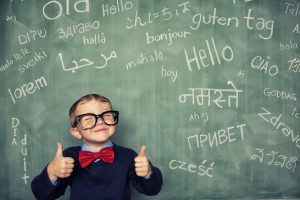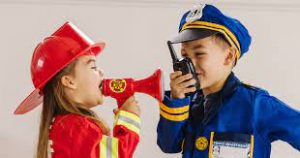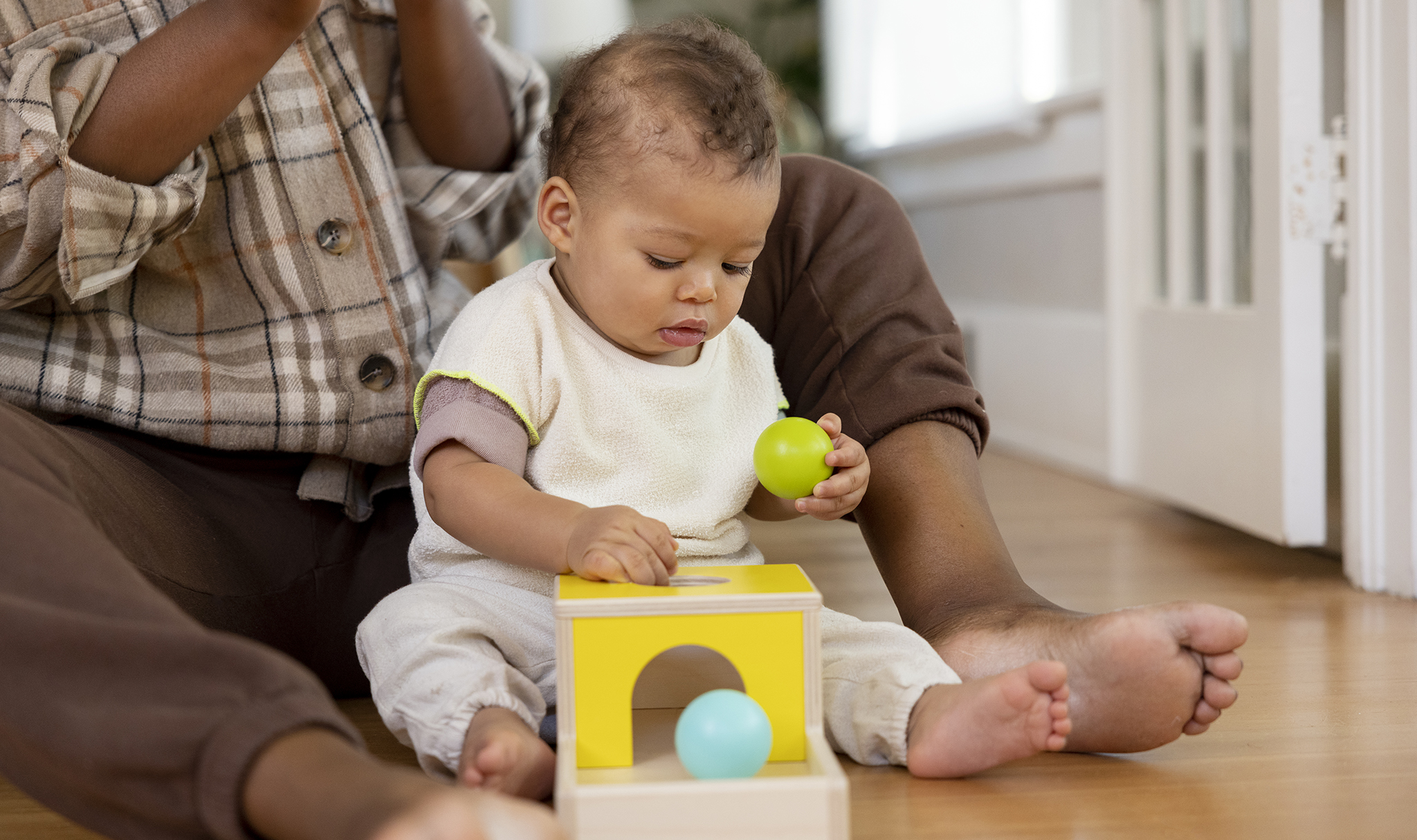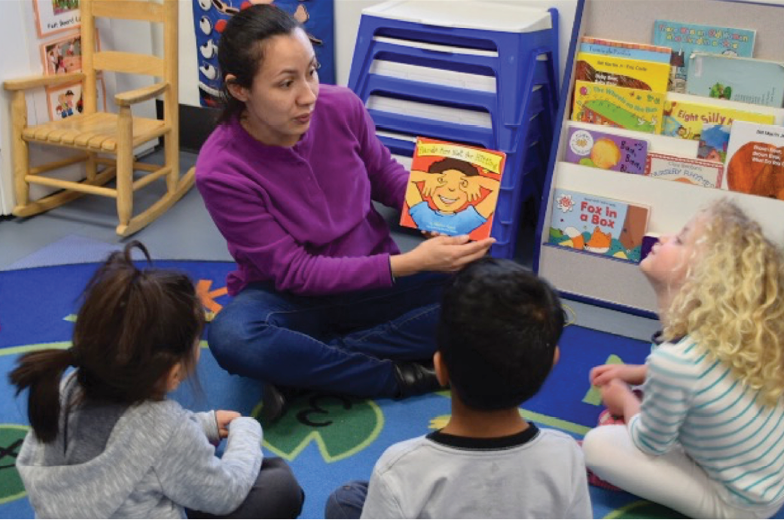
Humans, by nature are prosocial. From previous studies, we are seen to support helpful behaviors as early as infancy… but what can classrooms do to continue prosocial behavior? Is this something worth focusing on in the classroom?
Research conducted at Yale concludes that not only is social-emotional learning important, but it also comes with multiple positive outcomes. The study observed 250 social-emotional learning programs in over 50 different countries and discovered that it can lead to an overall increase in well-being, academic success, and safety within the classroom. However, this is just the surface of understanding social-emotional learning. Further research calls for understanding of social-emotional development and what we can do to create educational equity when providing support in this learning area.
To read more, click here!
Mikayla Clemens
Research Assistant, UConn KIDS




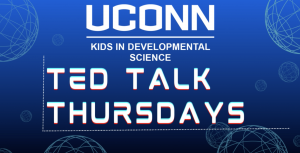 The glaring lack of educational accessibility for Deaf children constitutes a crisis, perpetuating cycles of inequality and marginalization. Across diverse regions and socioeconomic contexts, Deaf children encounter formidable barriers to learning, stemming from insufficient language exposure and limited resources tailored to their needs. This deprivation of early language acquisition deprives Deaf children of the foundational skills necessary for academic success and social integration, perpetuating a cycle of educational disadvantage and hindering their future prospects.
The glaring lack of educational accessibility for Deaf children constitutes a crisis, perpetuating cycles of inequality and marginalization. Across diverse regions and socioeconomic contexts, Deaf children encounter formidable barriers to learning, stemming from insufficient language exposure and limited resources tailored to their needs. This deprivation of early language acquisition deprives Deaf children of the foundational skills necessary for academic success and social integration, perpetuating a cycle of educational disadvantage and hindering their future prospects.